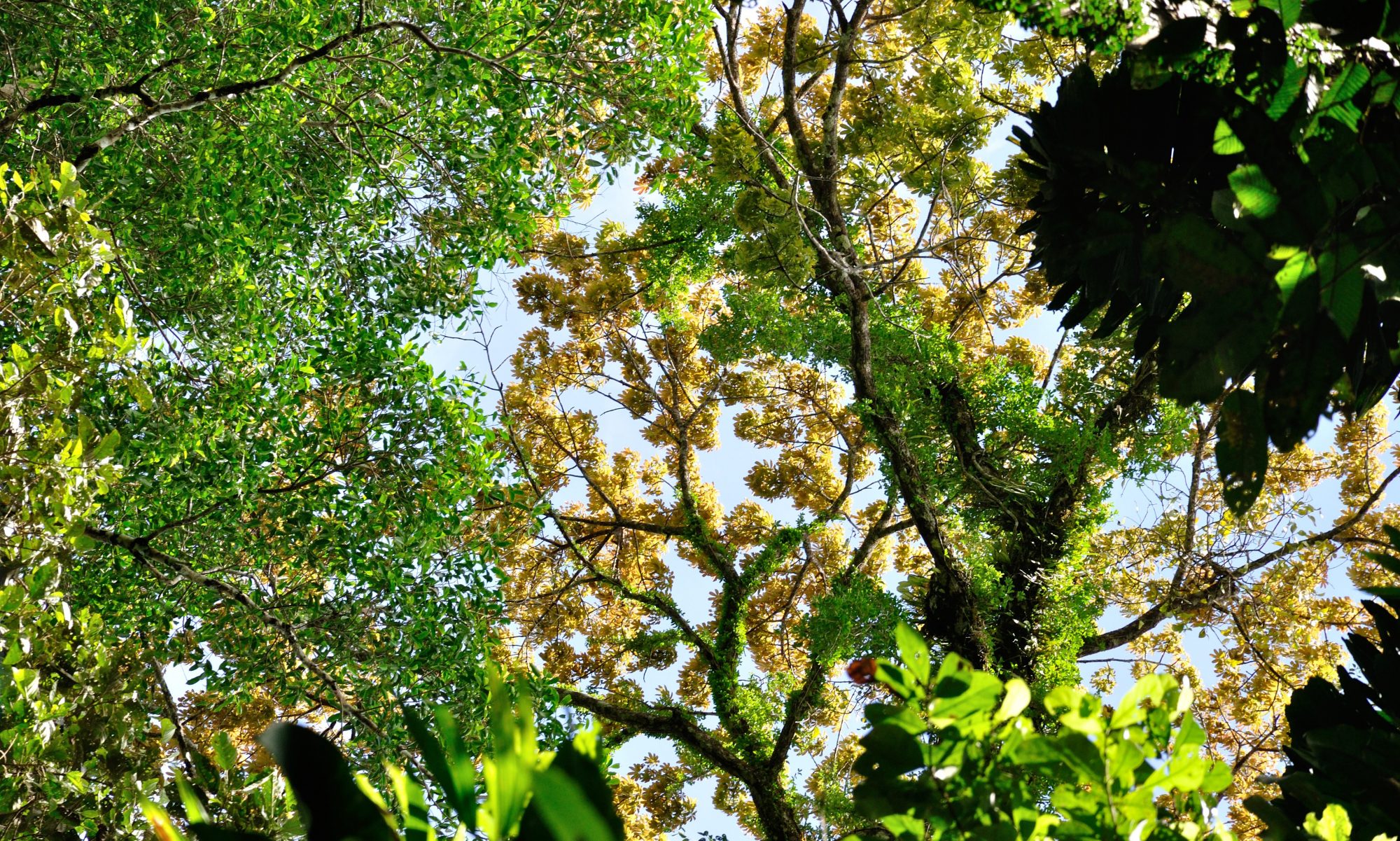EEB 161: Plant Ecology (2016- present)
Plants are a key component of most terrestrial ecosystems, and in part because of this many important theories used in general ecology have been developed specifically with plants in mind. Plant Ecology is a one-quarter introduction to foundational principles and theory in ecology, with a particular emphasis on the ecology of terrestrial plants, and the use of these principles to predict the consequences and uncertainties associated with human-caused changes in the environment. (Upper division undergraduate)
EEB 297 Graduate Seminars (Variable topics, 2016-present)
2023: “Wilderness”
Ecology and evolutionary biologists make many decisions throughout our careers that are directly informed by our understanding and an implicit (or sometimes explicit) valuation of the natural world. Where do we conduct research? If we work in the field, do we focus on areas with or without obvious human impacts? If our work considers restoration or conservation, who sets those targets and why? How do we account for the ongoing changes human actions have set into motion in the natural world? How do we hold and balance multiple competing perspectives from different cultures on the natural world in our research? While we all confront many of these choices throughout our careers, it is not always common for them to be discussed explicitly in the workplace.
The goal of this seminar is to use the concept of “wilderness” as a focal point for an exploration of contrasting perspectives on the natural world, with the intention of building our collective capacity to consider and interact with a diversity of perspectives on some of the most important (but often implicit) questions in research in ecology and evolutionary biology. Each week we will explore the concept of wilderness from a different perspective, with excerpted readings from a diversity of sources in environmental history, environmental law, ecology, and global change research, and reflect on how these perspectives might influence our research.
2022: The Academic Job Search (with Dr. Morgan Tingley)
Rationale: The academic job search process has many complexities and often is opaque to people who have not been through the process previously. The goals of this seminar are to:
1. Capitalize on two EEB searches in EEB in 2022-23 to help graduate students gain a broader understanding of all dimensions of a typical academic job search, from the creation of the job advertisement through to the job offer and negotiation process.
2. Gain a deeper understanding of the elements of a job application, including how to create and assess the CV, research, teaching and DEI statements, job talks, and interviews. Examples will be offered from EEB faculty, and (to the extent possible) from publicly accessible materials from interview candidates from the ongoing EEB searches.
3. Provide input and guidance on the instruments that will be used to solicit and collect feedback on the search candidates from all EEB graduate students, including questions to be asked in the interviews, student lunches, and a post visit survey that will be presented to the search committee and all faculty.
2016 & 2022: Functional and ecophysiological approaches to population and community ecology (With Dr. Colin Kremer)
Ecologists have long recognized that the functional or ecophysiological variation among organisms in traits such as body size, leaf structure, metabolic rate or wing morphology influence the structure and dynamics of populations and communities. This perspective has been reinvigorated in recent years by rapid growth in the subfield of functional trait-based ecology, which has promised to bring greater generality and also a stronger mechanistic basis to many areas of population and community ecology. In keeping with the breadth of the field, we will explore these questions from a broad taxonomic perspective, from plants to animals, and microbes to macro-organisms.
EEB 200: Ecology (2017-2020)
In the past I have taught part of the core course series for first year doctoral students in EEB. The course section I Ied explores both foundational and cutting-edge research across the field of ecology, with an eye towards understanding how scientists in EEB identify compelling, transformative research questions. Students practiced developing compelling research questions and proposals, hone quantitative research skills in R, and have a chance to refine oral presentation skills.
EEB 250: Professional Skills for Biological Research (2019-2021)
A required course for first year doctoral students in EEB, focused on scientific writing and presentation skills, ethics, mentoring, and exploration of career paths both inside academia and beyond.
